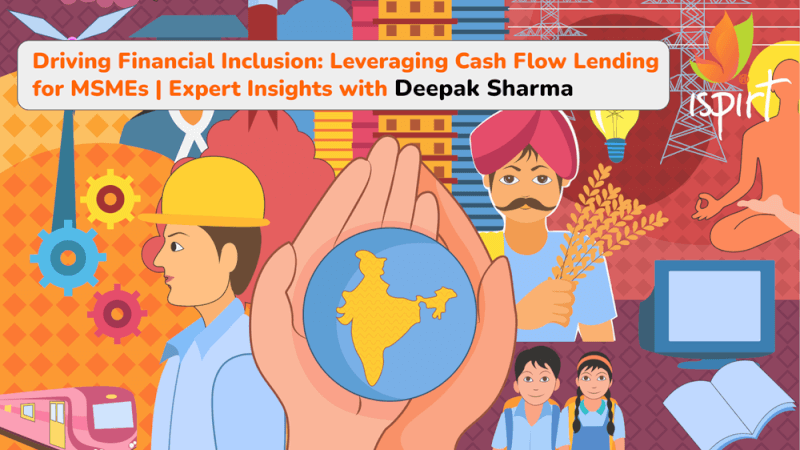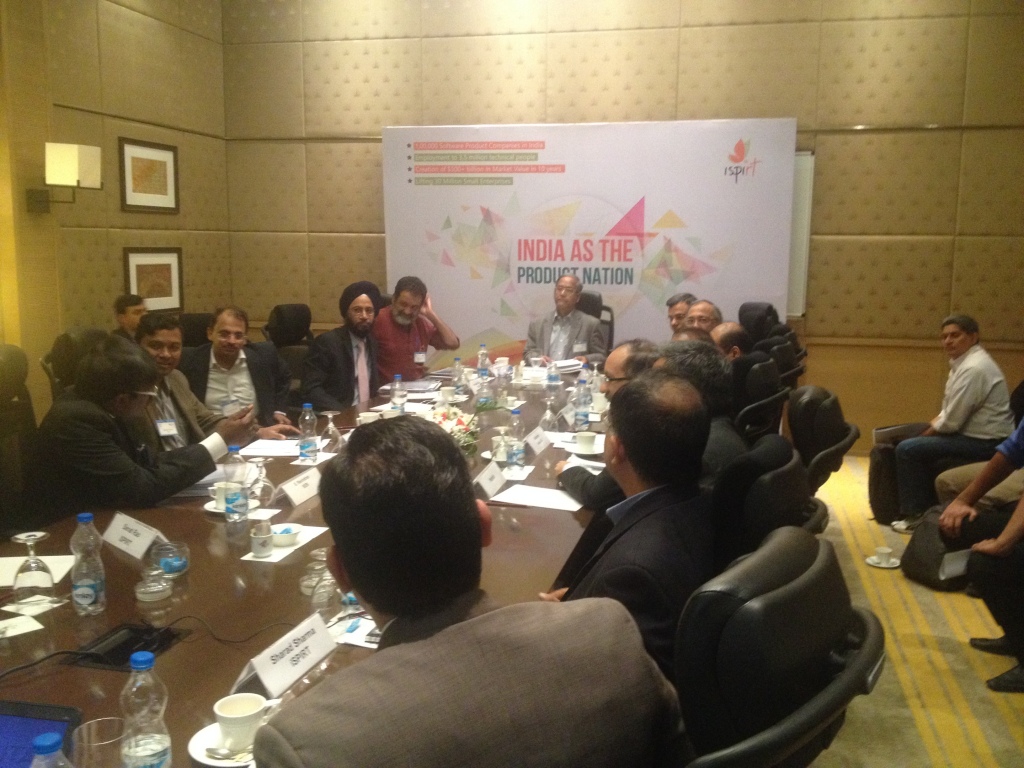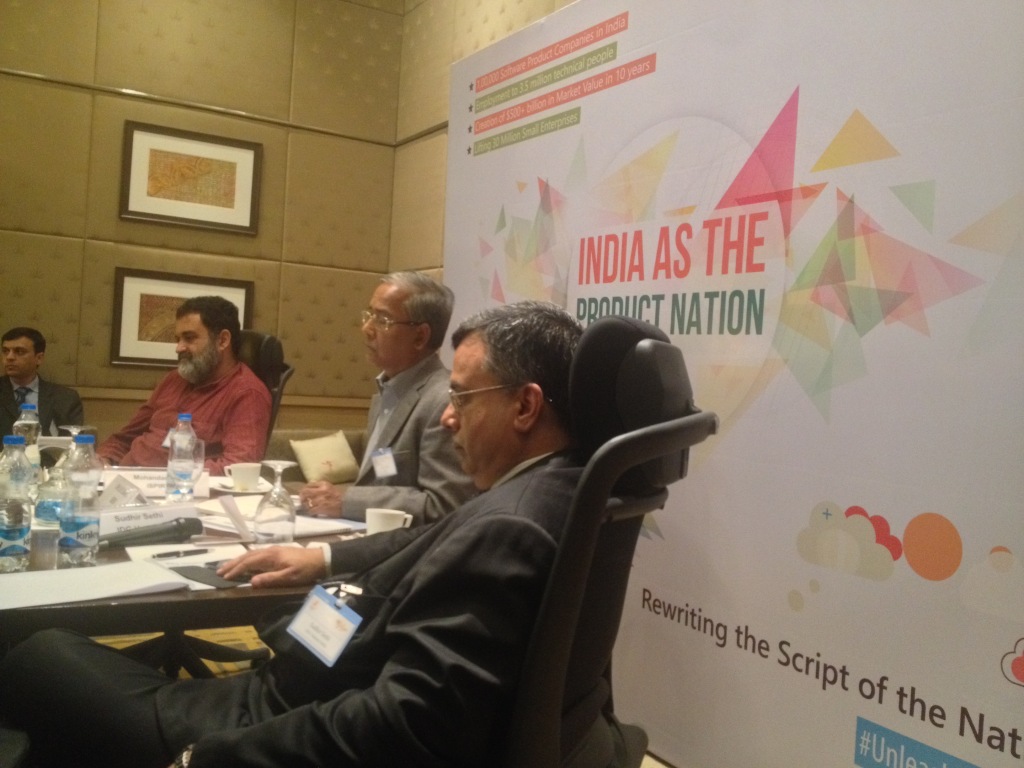In this insightful dialogue, Sagar Parikh engages with Deepak Sharma to explore the transformative potential of cash flow lending for Indian MSMEs. Deepak underscores the significance of democratizing credit access through short-tenor and small-ticket loans, especially for micro-enterprises that comprise 99% of the MSME sector in India. Drawing from his rich experience in banking and financial services, Deepak Sharma provides invaluable guidance on navigating the complexities of B2B financing, highlighting the critical role of innovative lending models in fostering inclusive growth.
Deepak Sharma delves into the pressing challenges faced by MSMEs in accessing financing, particularly in the realm of B2B transactions. Leveraging his extensive experience and deep insights, he offers a fresh perspective on the traditional lending landscape, emphasizing the need for agile and tailored solutions to empower MSMEs. By advocating for cash flow-based lending and trust-based scoring systems, Deepak Sharma presents innovative approaches to address credit gaps and unlock opportunities for sustainable economic development within India’s dynamic MSME sector.
Deepak Sharma’s perspectives on banking innovation and financial inclusion provide several key learnings for the industry:
- Leveraging Technology for Inclusion: Sharma emphasizes the transformative impact of technologies like UPI and Aadhaar in fostering financial inclusion. These initiatives not only revolutionize digital payments but also open doors to credit access for underserved segments like SMEs.
- Proactive Engagement with Tech Ecosystem: Deepak advocates for proactive engagement with India’s tech ecosystem, encouraging early adoption of initiatives like IndiaStack. He challenges banks to rethink their approach and prepare for future changes in the financial landscape.
- Importance of Early Adoption: Reflecting on his experiences at Kotak, Sharma stresses the importance of early adoption of innovative initiatives. Banks that jump in early can leverage emerging opportunities and drive meaningful change.
- Value of Learning from Ventures: Deepak highlights the significance of learning from both successful ventures like OCEN and past failures. This learning process is essential for banks to navigate the evolving tech landscape effectively.
- Structured Innovation with the 5C Model: Sharma’s structured approach to innovation, encapsulated in the 5C model, emphasizes critical aspects such as customer acquisition, commercial viability, credit assessment, compliance, and collections. This framework ensures alignment on objectives and risk management strategies.
- Startup Mindset and Controlled Pilots: Adopting a startup mindset within traditional banking institutions, Deepak advocates for establishing small, specialized teams focused on data analysis, technology, and risk management. Controlled pilots with defined success metrics enable banks to manage—- risk effectively and drive innovation.
- Importance of Trust-Based Scoring: Sharma underscores the importance of trust-based scoring systems and proprietary scorecards for credit assessment. Moving away from traditional methods, these innovative approaches provide a holistic view of creditworthiness, especially for SMEs with limited credit histories.
- Optimism about OCEN: Deepak Sharma’s views on OCEN reflect a visionary approach to addressing India’s credit gap. He sees OCEN as a pivotal platform to harness India’s data richness and enable comprehensive credit assessment and lending solutions.
In conclusion, Deepak Sharma’s insights emphasize the necessity of embracing innovation and leveraging technology to drive inclusive growth in the financial services sector. By adopting proactive strategies, banks can navigate the evolving landscape of digital lending and unlock opportunities for underserved segments, contributing to India’s economic development.
For more information, please visit: http://ocen.dev
❓Questions? Submit your questions here.
📩Contact? Reach the OCEN 4.0 team at contact@ocen.dev
Please note: The blog post is authored by our volunteer, Sagar Parikh




